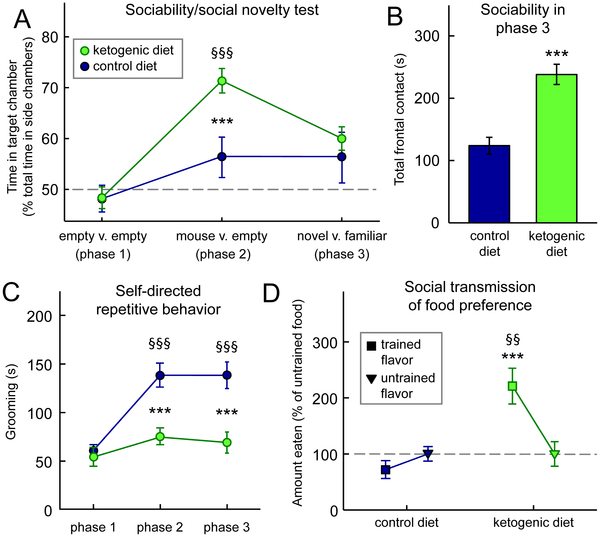Study: Ketogenic Diet Offers Hope in Treating Autism Spectrum Disorders
Autism spectrum disorders (ASD) can include what are commonly defined as impeded social interactive developments and learning disorders. ASD could be as mild as hyperactivity and attention deficit or as extreme as total developmental shutdowns at early ages, little to no language abilities, and possibly chronic epileptic seizures. The ketogenic diet is simply one that restricts carbohydrates, especially refined carbohydrates, allows moderate or adequate protein intake, and enhances healthy organic dietary fat consumption. Categorizing the different factions of ASD psychologically unrealistically ignores the physiological aspects of ASD disorders. Instead, intense bowel and intestinal tract inflammations are listed as “co-morbid symptoms” and unrelated to ASD diagnostics. Not enough attention is placed on finding the underlying metabolic disorders involved in most cases of autism, which also produce the “co-morbid” symptoms. It’s already known that the ketogenic diet has positively impacted some with intractable epilepsy. Yet anti-seizure and anti-psychotic pharmaceuticals that at best merely control seizures without curing epilepsy are more commonly prescribed than monitored dietary changes. Not only do they have side effects, they create more metabolic disorders. Over the past two decades or so, more medical research has focused on the ketogenic diet’s potential for reducing the metabolic dysfunction that some consider as the root cause of many neurological diseases that plague us today.








